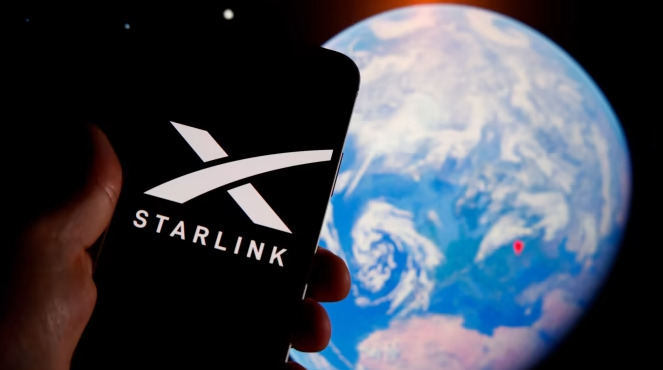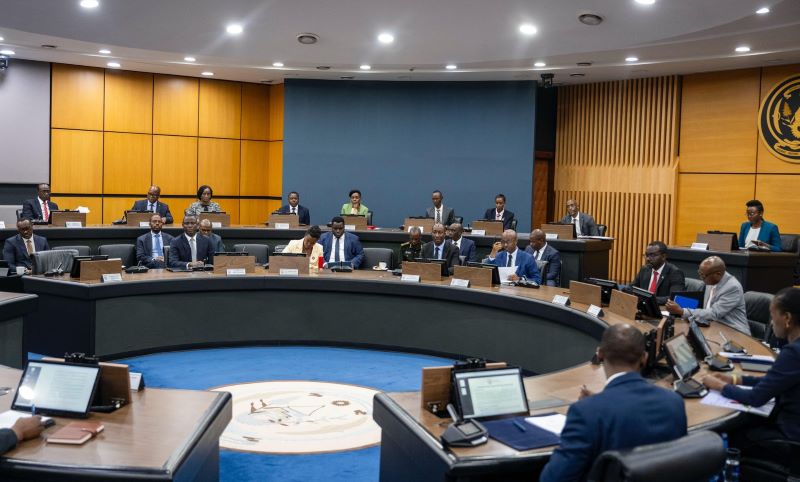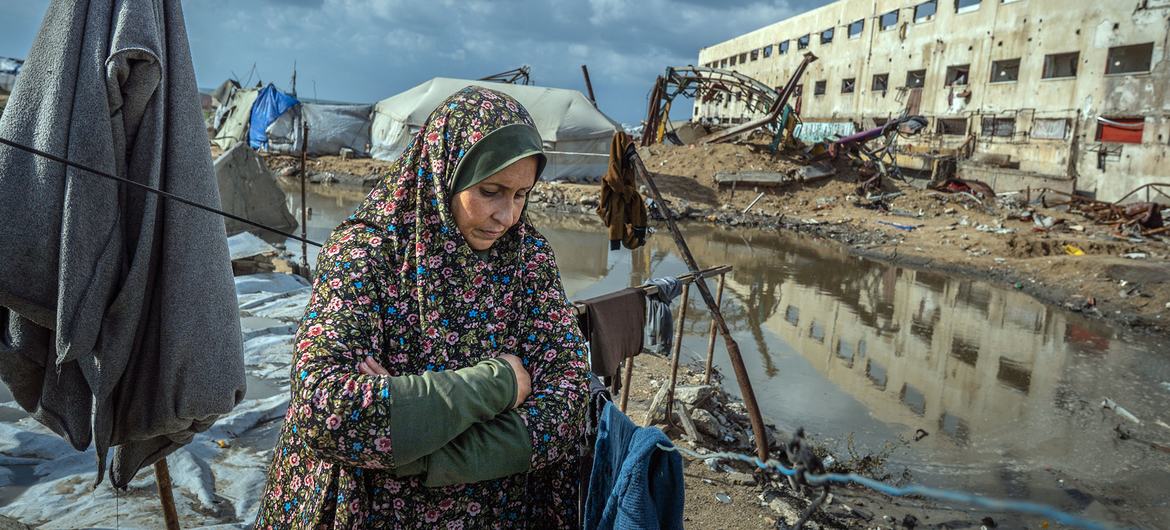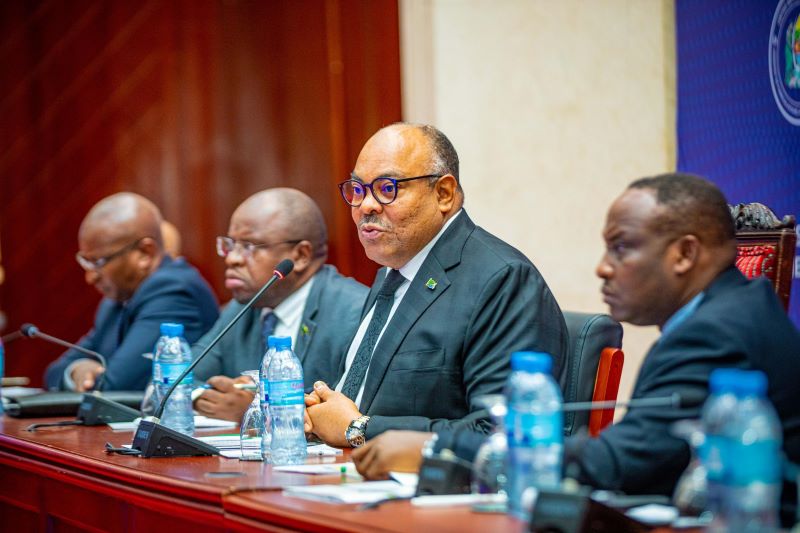Elon Musk confirms successful deployment of 28 new Starlink satellites, expanding global coverage

This development comes shortly after Amazon recently ramped up its efforts with Project Kuiper, launching its first two prototype satellites. With the competition intensifying, SpaceX remains the leader in satellite internet, now with over 5,500 operational satellites in orbit.
Elon Musk has confirmed the successful deployment of 28 new Starlink satellites, continuing SpaceX’s mission to enhance global internet coverage.
The satellites were launched aboard a Falcon 9 rocket from Cape Canaveral Space Force Station, joining the existing Starlink constellation in low-Earth orbit.
More To Read
- Cloudflare explains cause of widespread internet outage
- Cloudflare outage sparks global internet chaos as major websites affected
- Top 10 most used languages for web content
- X to become first major social platform fully governed by AI as Grok takes over feed system
- Taliban shuts down internet indefinitely in Afghanistan
- Airtel sets ground rolling for East Africa’s largest data centre at Tatu City
This development comes shortly after Amazon recently ramped up its efforts with Project Kuiper, launching its first two prototype satellites. With the competition intensifying, SpaceX remains the leader in satellite internet, now with over 5,500 operational satellites in orbit.
In Africa, Starlink's expansion has been particularly significant, with the service bringing high-speed internet to remote and underserved regions. This is especially impactful in countries like Kenya, where internet access has often been limited in rural areas.
Starlink’s recent partnership with Airtel Africa will enable faster internet access for both urban and rural customers, helping to bridge the digital divide and enhance services like education, healthcare, and remote work.
Deployment of 28 @Starlink satellites confirmed pic.twitter.com/tY3nL1YIgl
— SpaceX (@SpaceX) May 13, 2025
Kenya has seen tremendous growth in digital services, and Starlink is positioned to further support this transformation, especially in areas where traditional broadband infrastructure is lacking, and that is where their partnership with Airtel comes in.
With the Starlink network in place, Kenya's internet landscape is expected to become more inclusive, allowing for greater economic and technological advancements.
The launch also featured another successful landing of the Falcon 9 booster on SpaceX's autonomous drone ship in the Atlantic Ocean. This reusable rocket technology continues to lower the cost of space missions, making satellite internet infrastructure more affordable and sustainable.
As Project Kuiper prepares for its full rollout, SpaceX's Starlink is poised to maintain its lead, particularly in Africa, where the demand for reliable, fast internet continues to rise.
Amazon’s Project Kuiper has launched two prototype satellites since 2023 as part of its initial testing phase, with plans to deploy thousands more in the coming years.
It recently launched the first batch in April 2025. The full-scale deployment is expected to begin around 2026, with the project aiming to eventually deploy over 3,000 satellites to provide global internet coverage.
Top Stories Today














































